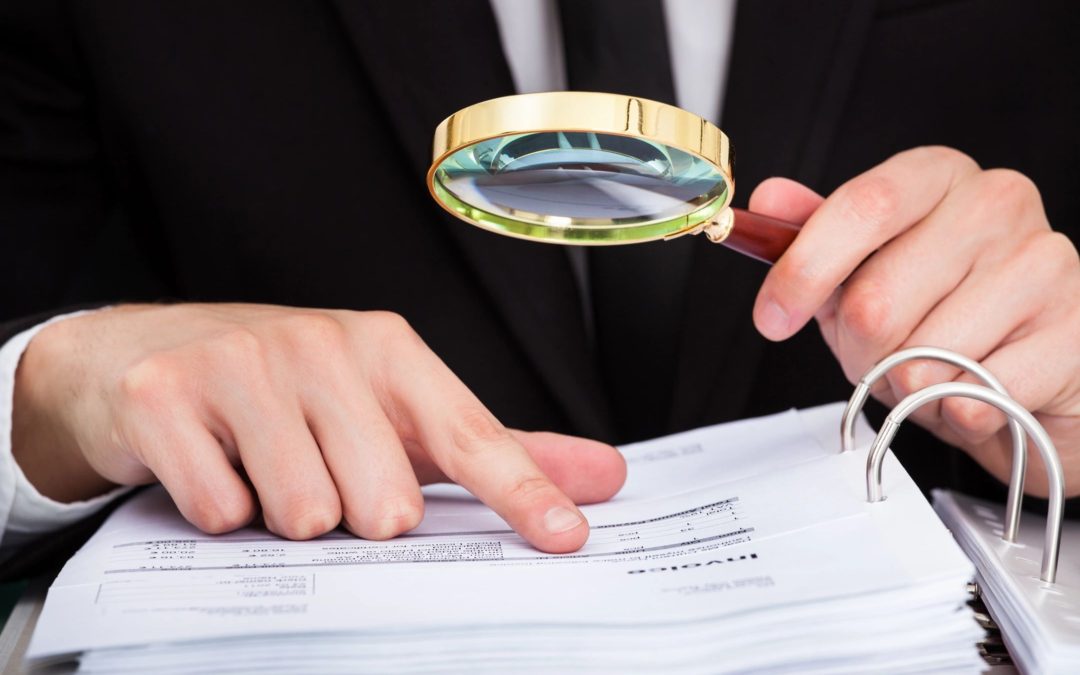By: Mital B. Patel and Gasper J. LaRosa
The PTAB recently granted a rare motion for additional discovery into the question of whether an unnamed party, Amneal Pharmaceuticals, LLC (“Amneal”), should have been named as a real-party-in-interest. In Kashiv LLC v. Purdue et al., Case IPR2018-00625 and -00717 (PTAB July 31, 2018) (Paper 9) (sealed), Patent Owners moved to compel the depositions of the President of Petitioner and the chief executive officer of Amneal based on evidence that demonstrated these individuals are in possession of critical information concerning the relationship between Petitioner and Amneal. Concurrent to granting the motion for additional discovery, the Board ordered expedited supplemental briefing on the issue from Patent Owner and Petitioner. (IPR2018-00625, -00717, Paper 20.)
In coming to its decision, the PTAB applied the Garmin factors, primarily focusing on the first factor of five—whether there is more than a “mere possibility” or “mere allegation that something useful will be found.” (See Garmin Int’l, Inc. v. Cuozzo Speed Techs. LLC, Case IPR2012-00001, Paper 26 at 6–7 (PTAB Mar. 5, 2013).) This factor requires that “the requester of information should already be in possession of a threshold amount of evidence or reasoning tending to show beyond speculation that something useful will be uncovered.” (IPR2018-00625, -00717, Paper 20 at 3.) The Board noted that Patent Owners relied on several pieces of “threshold” evidence that showed that the two requested depositions would shed light on the nature of the relationship between Petitioner and Amneal, the extent to which Amneal does or could control or fund the IPR proceedings, and Amneal’s past and continuing interests in these proceedings. Moreover, the Board found that the information available from the requested depositions could not be sought through less intrusive means.
The Board specifically stated that these depositions are not to be “fishing expeditions,” but rather, are to be narrowly tailored to the real-party-in-interest issue. This is consistent with the limited discovery in proceedings held before the PTAB.
This decision illustrates that, although rare, the Board will grant additional discovery focused on a specific outstanding issue when the request meets the Garmin factors, and specifically, is accompanied by threshold evidence demonstrating that the requested additional discovery is necessary to resolve any outstanding questions.
Latest posts by Gasper LaRosa (see all)
- PTAB Bar Association – Thought Leader Summit Recap - December 18, 2019
- Trial Court Denies Amendment of Contentions To Add Reexam Claims Following Successful IPR - October 21, 2019
- Precedential: PTAB Considers § 314(a) Factors Even When Denying Under § 325(d) - May 13, 2019

